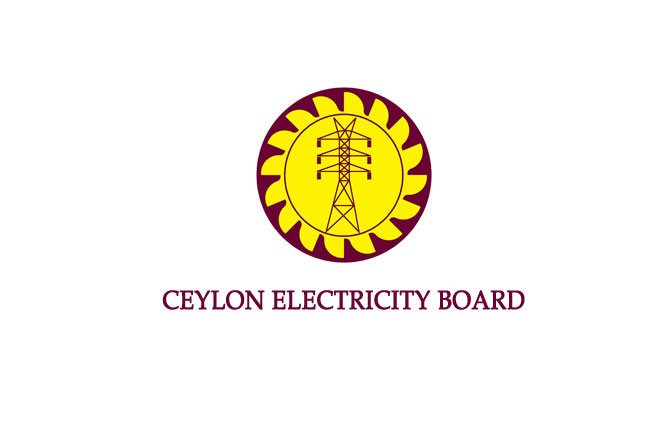The Ceylon Electricity Board (CEB) is set to propose a 20% electricity tariff hike to the Public Utilities Commission of Sri Lanka (PUCSL), aiming to recover mounting financial losses. The move aligns with the International Monetary Fund’s (IMF) insistence on cost-reflective pricing and automated tariff adjustments to stabilize the energy sector.
Recently, Professor Udayanga Hemapala, Secretary to the Ministry of Power and Energy, was appointed Acting Chairman of the CEB following Dr. Tilak Siyambalapitiya’s overseas leave. The leadership shift comes amid intensifying financial and operational challenges within the utility.
The IMF has criticized Sri Lanka’s existing tariff structure for failing to cover generation, transmission, and distribution costs. IMF Mission Chief Evan Papageorgiou noted the malfunctioning of the automatic pricing mechanism, which is vital for achieving long-term financial viability.
President Anura Kumara Dissanayake echoed these concerns in a televised interview, confirming a tariff increase in June and reiterating the necessity of cost-based pricing.
CEB reported an 18.2 billion rupee loss in the March 2025 quarter, driven by a sharp revenue drop to 93.9 billion rupees—a 44% decline from the previous year.
Meanwhile, cost of sales rose to 112.1 billion rupees. The losses followed a regulatory-imposed tariff cut that contradicted the CEB’s proposal and delayed Sri Lanka’s IMF program, which hinges on utility reforms to prevent further debt accumulation.
Increased reliance on intermittent renewable energy sources, which receive priority grid access, has added complexity. To manage fluctuations, CEB has proposed pump storage projects. Institutions like the Asian Development Bank have expressed willingness to fund grid upgrades and battery systems—on the condition that Sri Lanka implements cost-reflective tariffs.
Although energy generation costs fell in 2024 due to deflationary monetary policy and a stronger rupee reducing fuel import costs, financial stability remains fragile. The CEB also sold a power plant stake in 2024, realizing a capital gain of 26 billion rupees to reduce short-term debt and settle arrears with independent power producers.
However, even with other income, the operating loss for March 2025 stood at 15.5 billion rupees. Group-level net losses reached 16.9 billion rupees.
Repeated tariff cuts have strained not only the CEB but also state banks, with the central bank often intervening through money printing, leading to currency depreciation and compounding losses for both the CEB and the Ceylon Petroleum Corporation. These systemic issues threaten broader economic and monetary stability.
